- Overview
- Diagnosis & Stages
- Causes & Risks
- Treatment
- Living With
- Complications & Related Conditions
- Caregiving
- Support & Resources
- View Full Guide
Things That Raise Your Chances of Dementia


Age
Alzheimer’s disease is the most common form of dementia. About a third of people 85 and older show signs of the disease. The genes you get from your parents play a part at this age, but so do things like diet, exercise, your social life, and other illnesses. Dementia isn't a normal part of getting older.
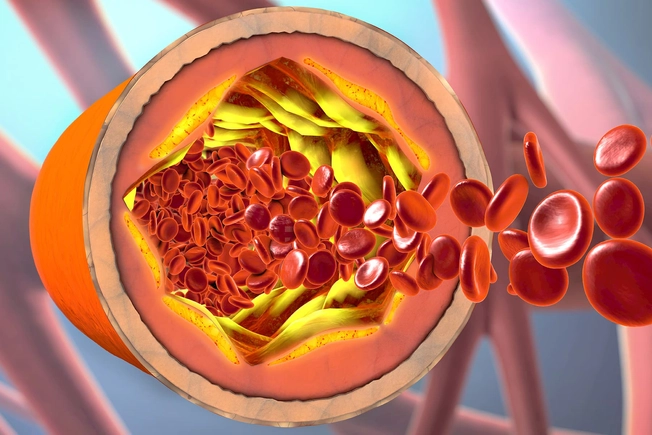
Heart Disease
It could lead to a heart attack or stroke, which makes dementia more likely. Heart disease is usually caused by plaque buildup in arteries around your heart (atherosclerosis). That can slow blood flow to your brain and put you at risk for stroke, making it harder to think well or remember things. And many things that cause heart disease -- tobacco use, diabetes, high blood pressure, and high cholesterol -- also can lead to dementia.

Air Pollution
An English study found older adults who lived in areas with the highest yearly concentration of air pollution were 1.4 times more likely to get dementia than people who lived in places with cleaner air. Nitrogen dioxide (NO2) and particulate matter (micro-particles in the air you might not see but can inhale) caused the most harm.
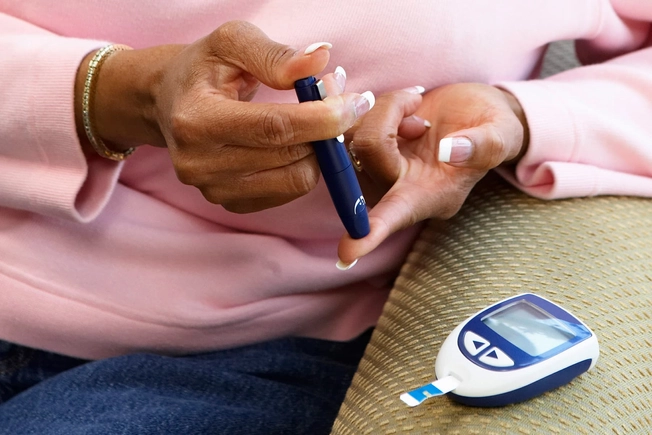
Diabetes
Doctors aren’t sure exactly why people with diabetes get dementia more often. But they do know that people with diabetes are more likely to have damaged blood vessels. This can slow or block blood flow to the brain and damage areas of the brain, leading to what’s called vascular dementia. Some people may be able to slow brain decline if they keep diabetes under control with medicine, exercise, and a healthy diet.
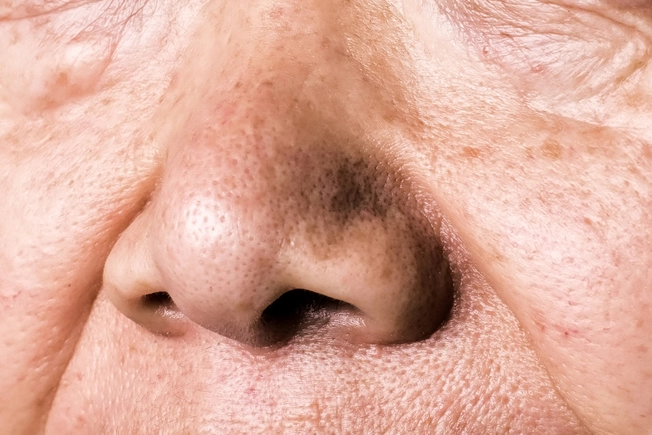
Poor Sense of Smell
Older people who have trouble identifying odors are more than twice as likely to have dementia as those with a sharp sense of smell. Almost half of people in an American study who’d been diagnosed with dementia had had olfactory dysfunction 5 years before. A simple smell test can flag a need for early treatment.
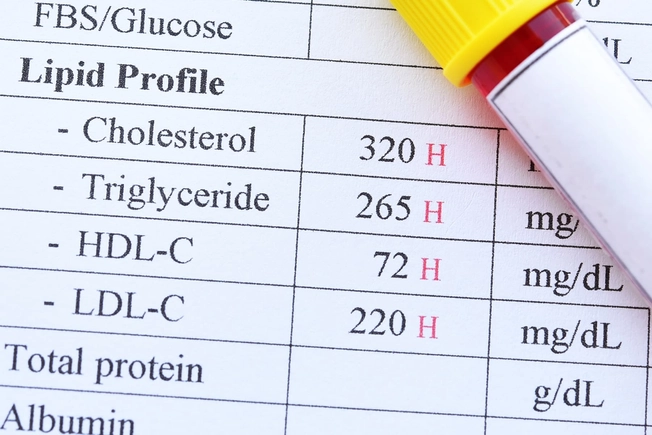
High Cholesterol
High levels, especially in middle age, are linked to obesity, high blood pressure, and diabetes. All of these raise your risk of dementia, but it’s not yet clear if the cholesterol by itself adds to the problem. Some research shows that high cholesterol in midlife could raise your chances of Alzheimer’s disease later in life, but the exact link isn’t clear.
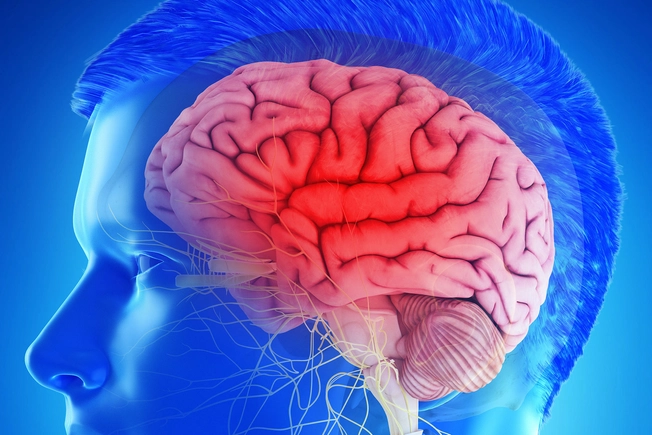
Herpes
vHerpes simplex virus 1 (HSV1), or oral herpes, usually appears as blisters or sores on or around your mouth. But the virus can also get into and infect your brain. A recent study linked HSV1 with a decline in some mental functions, but not to dementia. However, lab studies on a realistic brain model showed HSV1 triggered major Alzheimer’s signs, including swelling and clumps of protein in the brain tissue.
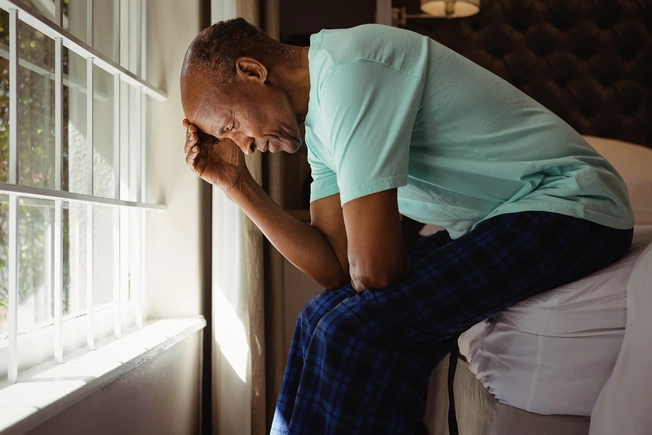
Depression
If you have depression, or have had it in the past, you may be more likely to get dementia. Scientists aren’t yet sure that it’s a cause. It may simply be an early symptom or a sign of other causes like Parkinson’s disease or Huntington’s disease. Talk to your doctor or a therapist if you feel down for more than 2 weeks, and right away if you think of harming yourself. Therapy and medication can help with depression.

Eating Patterns
Super-starchy and processed foods never make the “healthy” list. But did you know eating the two together can up your chances of having dementia? French researchers found people who developed dementia often paired processed meats – i.e. ham, pepperoni, and deli meats – with high carbs like potatoes, alcohol, and baked sweets. Meanwhile, people who stayed healthy ate their share of meat – but enjoyed it with fruits and veggies.
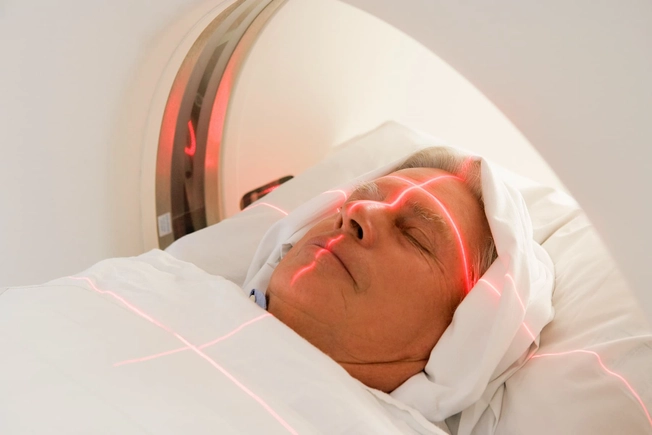
Head Injury
A single, mild traumatic brain injury may not make you more likely to get dementia later in life. But more severe or repeated hits or falls could double or quadruple your chances, even years after the first injury. Get to the hospital if you’ve hit your head and you pass out or have blurry vision, or feel dizzy, confused, nauseated, or become sensitive to light.

Loneliness
Feeling lonely over time can increase your chances of having dementia, even when your overall risk of getting the disease – such as with genetics or age – is low, a 10-year study found. People under age 80 who reported feeling alone were twice as likely to have dementia as those who didn’t feel that way. Time is key, though. People who recovered from their loneliness didn’t have the same risk.
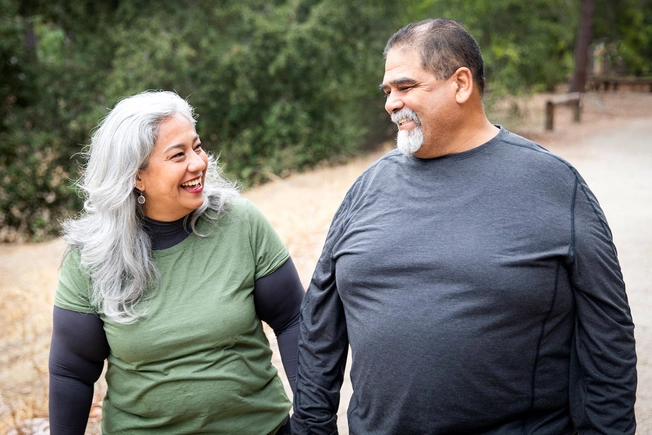
Obesity
If you have a lot of extra weight in middle age, you may be more likely to get dementia later in life. Extra pounds raise your risk for heart disease and diabetes, which are also linked to dementia. You can check your BMI (body mass index) online to see if it’s in the “obese” range. Your doctor can help you set a weight loss goal that’s right for you. A healthy diet and regular exercise could help you turn things around.
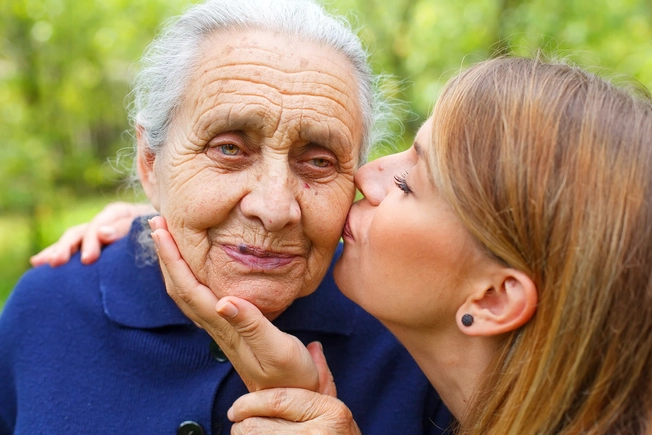
Genes
Dementia doesn’t have to run in your family for you to get it, but genes make a difference. A parent or sibling with Alzheimer’s raises your odds. Genes seem to matter more in some types of dementia than others. But even risky genes don’t mean you’ll get dementia. If you’re thinking about genetic testing for Alzheimer’s, ask your doctor about the pros and cons -- and genetic counseling. Doctors don’t routinely recommend those tests.
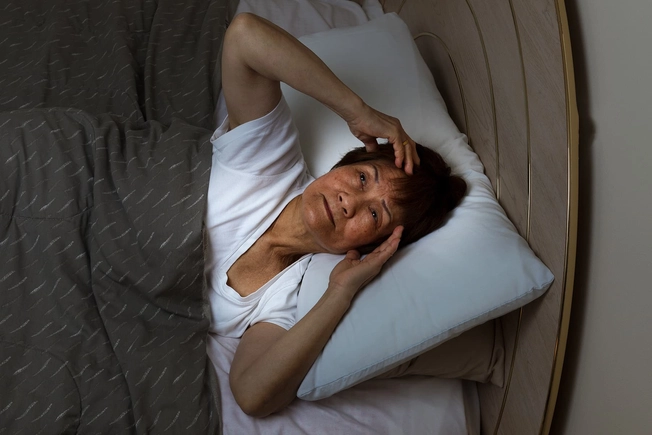
Sleep
Many people have a bad night of sleep now and then. But if it happens often -- you wake up a lot or don’t sleep enough -- you could be more likely to get dementia, including Alzheimer’s disease, or make it worse. It may help to try and keep a healthy sleep routine: Avoid alcohol, caffeine, and electronics in evening, and set up a soothing bedtime ritual with regular bedtime hours.
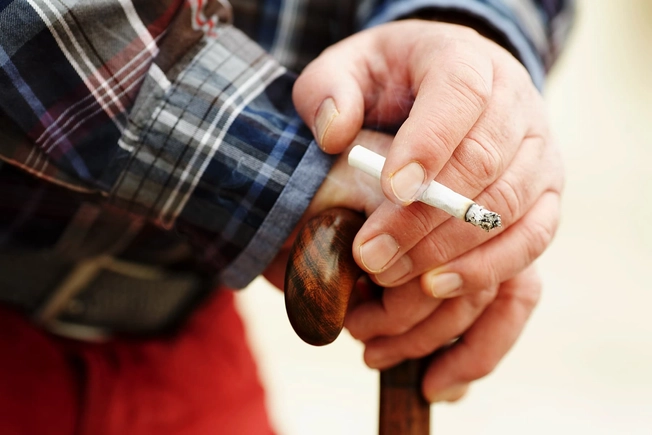
Smoking
It seems to put you at risk of getting dementia, possibly because it’s bad for your blood vessels. And it definitely makes you more likely to have a stroke, which can and often does damage the brain and cause vascular dementia. That might lead to problems with thinking or remembering. Talk to your doctor or a mental health professional if you smoke and want support to quit.